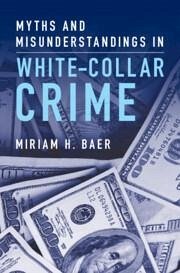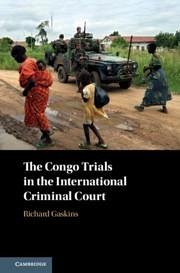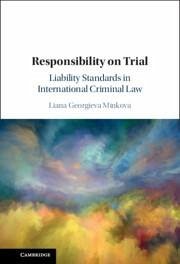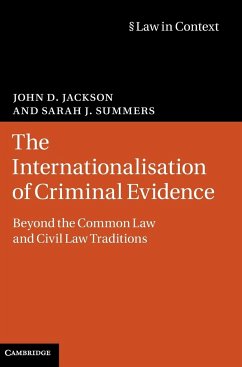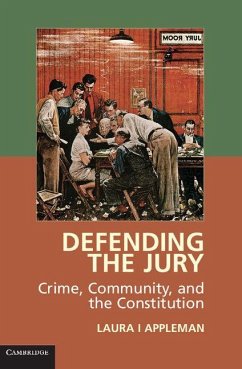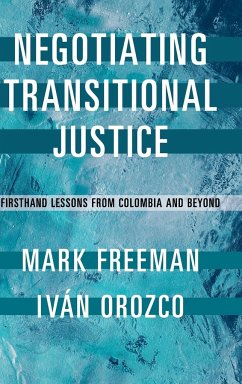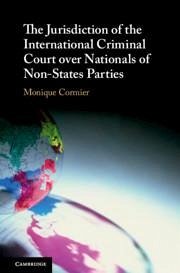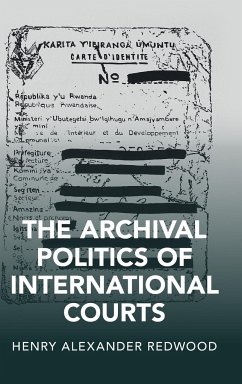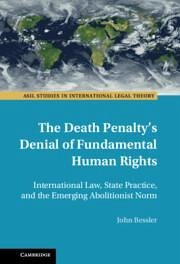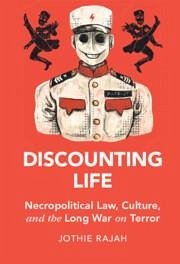
Discounting Life
Versandkostenfrei!
Versandfertig in über 4 Wochen
114,99 €
inkl. MwSt.
Weitere Ausgaben:

PAYBACK Punkte
57 °P sammeln!
"Extrajudicial, extraterritorial killings of War on Terror adversaries by the U.S. state have become the new normal. Alongside targeted individuals, unnamed and uncounted others are maimed and killed. Despite the absence of law's conventional sites, processes, and actors, the U.S. state celebrates these killings as the realization of "justice." Meanwhile, images, narrative, and affect do the work of law, authorizing and legitimizing the discounting of some lives so that others - implicitly, American nationals - may live. How then, as we live through this unending, globalized war, are we to mak...
"Extrajudicial, extraterritorial killings of War on Terror adversaries by the U.S. state have become the new normal. Alongside targeted individuals, unnamed and uncounted others are maimed and killed. Despite the absence of law's conventional sites, processes, and actors, the U.S. state celebrates these killings as the realization of "justice." Meanwhile, images, narrative, and affect do the work of law, authorizing and legitimizing the discounting of some lives so that others - implicitly, American nationals - may live. How then, as we live through this unending, globalized war, are we to make sense of law in relation to the valuing of life? Adopting an interdisciplinary approach to law to excavate the workings of necropolitical law, and interrogating the U.S. state's justifications for the project of counterterror, this book's temporal arc, the long War on Terror, illuminates the profound continuities and many guises for racialized, imperial violence informing the contemporary discounting of life"--





